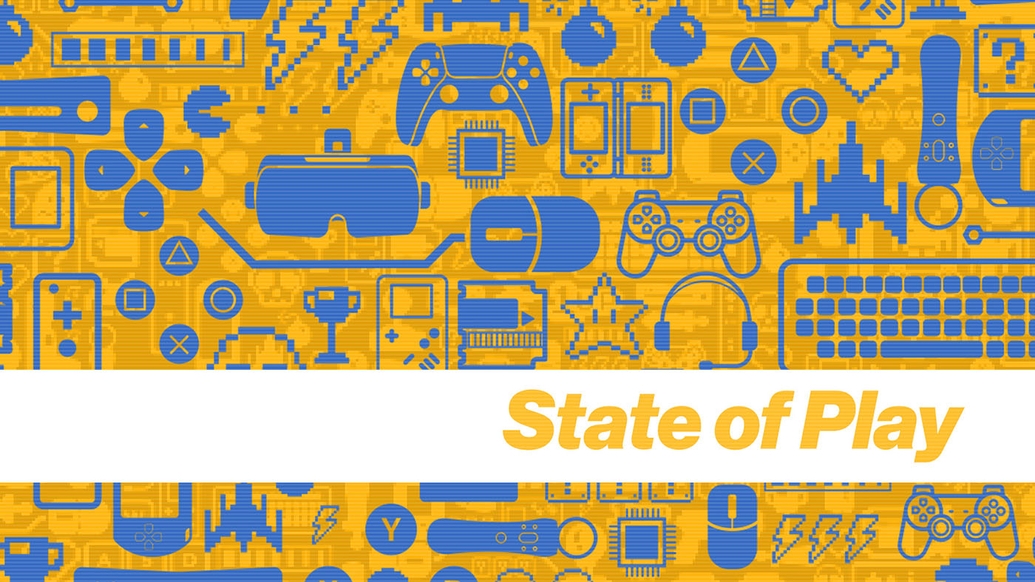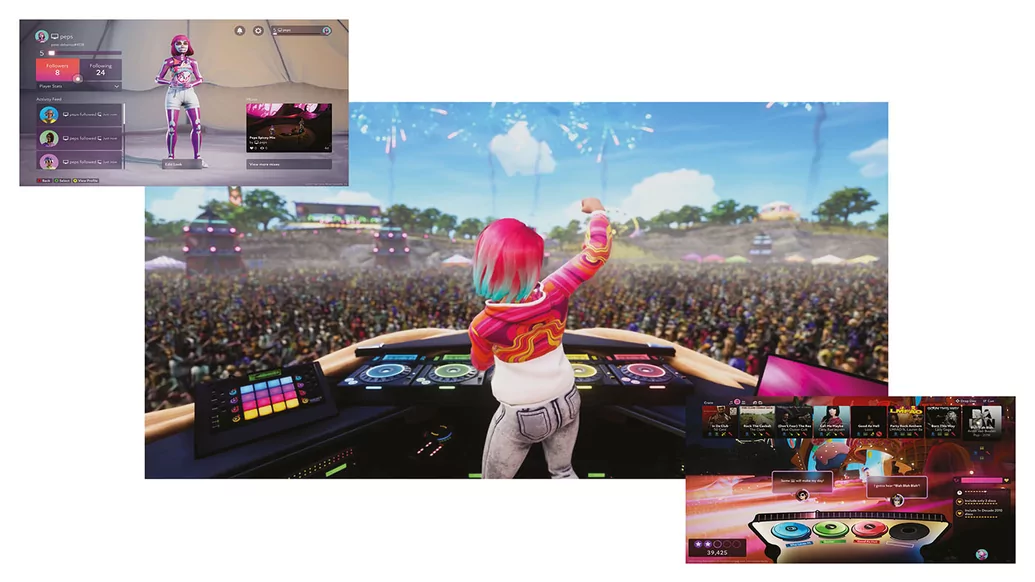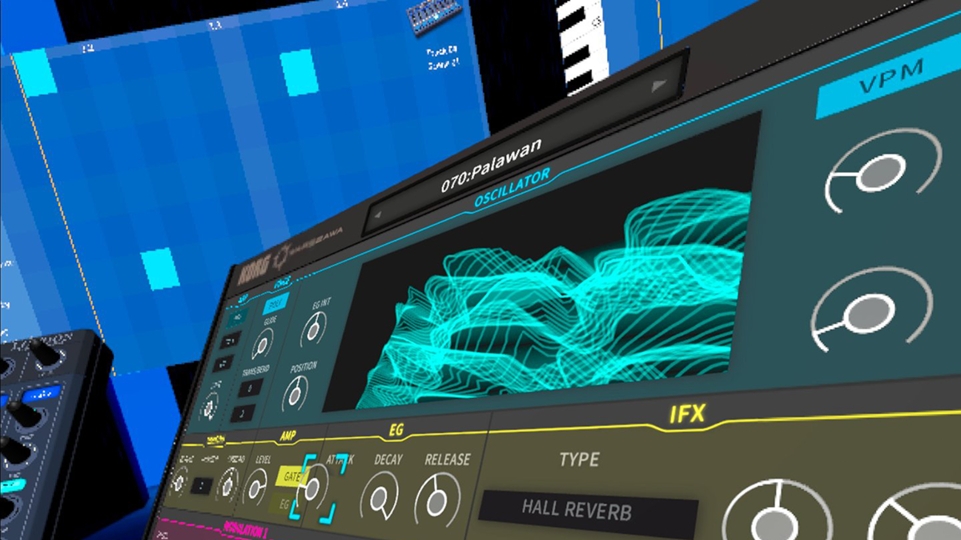
State of Play: FUSER, the new DJ video game from the makers of Guitar Hero
In this column, State of Play, Cherie Hu explores the fast-growing intersection of music and gaming: how these worlds are coming together to create new experiences, for gamers and music fans alike. This month, Hu takes a look at FUSER, the new DJ game from the makers of Guitar Hero
Hi there! I’m Cherie, a writer who focuses on the intersection of music and technology. On a higher level, I’m interested in how technology and tech companies impact the way artists make a living, build their brands and reach fans. Games have served as an indispensable player in this equation over the past few decades, providing both an immersive creative playground for artists and a lucrative business model for music companies and rights holders. In the wake of the COVID-19 pandemic in particular, games and game worlds have emerged as potential digital alternatives to in-person concert venues, and as outlets for entirely new paradigms of interactive, at-home entertainment for music lovers. In this column, I’ll explore the theoretical concepts and real-world case studies that are shaping how these hybrid music-game experiences are coming to life today, with the hopes of opening up your mind to what’s possible within this fast-growing, fast-changing ecosystem.
When Harmonix released its new DJ game Fuser on 10th November 2020 — just after the 15th release anniversary of perhaps its most popular game ever, Guitar Hero — there were a lot of reasons to think it would make a splash. Much of the world had already been locked down for several months by the pandemic, waiting with pent-up energy for in-person events like live shows to come back. Fuser’s sprawling catalogue of over 130 songs had touted major hits like Billie Eilish’s ‘Bad Guy’, Lil Nas X’s ‘Old Town Road’ and Zedd’s ‘The Middle’, in addition to some exclusive previews of tracks by newer producers like Cade7. But the game seems to have fallen on deaf ears — perhaps arriving a few years too late after the financial EDM bubble. As of writing this, Fuser has only around 5,100 followers on Twitch, far behind other rhythm games like Beat Saber and Just Dance 2021.
I think a big part of the difficulty in communicating the value of something like Fuser is in the gameplay itself. In a typical music game like Guitar Hero or Just Dance, you’re measured on accuracy, not creativity; the goal is to hit all the notes or dance moves at the perfect time, and there’s usually only one way to do it right. In contrast, DJing, like music creation itself, is much harder to score quantitatively, because there are so many different ways you can mix and mash up a catalogue of 130 songs across a four- deck controller.
Fuser’s campaign mode, which takes the player through a series of Tomorrowland-like stages with fictional promoters guiding the way, tries to fit a square peg of DJing into the round hole of objective “scoring” — to the point where you’re often incentivised to make mixes that are just plain bad, in the spirit of constantly changing up the songs to rack up points. Given that music and DJing are largely social activities, it was also disappointing to see that Fuser’s social mode was quite limited, only allowing players to share mixes that were 32 bars long. The battle mode felt more engaging and high-stakes, but, again, mostly involves switching up tracks in a chaotic and incoherent way for the sake of knocking out your opponent, which would never fly in an actual club.


With that said, the game itself does offer a solid intro to basic DJing actions like cueing tracks, as well as FX like lo-pass filters, flangers and delays, most of which are unlocked as players advance through the campaign mode. I also appreciated the depth of customisation for player avatars, from the wide range of clothing and skin-tone options to the fact that body type and facial hair were not conformed to a specific gender. The main NPCs (i.e. promoters) in the game were mostly people of colour (Black, Middle Eastern and East Asian), which was good to see in a climate where the music industry is grappling with issues of diversity.
By far my favourite mode in Fuser is freestyle — which involves no scoring or evaluation at all, and instead allows players to DJ continuously from a custom crate of up to 24 songs of their choosing. When I first demoed the game, the Fuser team told me that while the campaign mode was more regimented in its scoring, freestyle was more about achieving “flow state” and encouraging more experimentation and discovery of songs without penalty.
This felt a lot more to me like the actual joys of DJing in real life, and brought me to the ultimate question about this game: What is Fuser actually selling?
In its marketing materials, Fuser seems to want to achieve a similar goal as the Guitar Hero franchise, selling aspirational stardom on the world stage. But in practice, I think Fuser is selling permission to experiment — to express yourself freely with the raw materials of existing music, a feat that’s increasingly difficult to achieve in an era of DMCA takedowns. This framing of a game as an entry-point into creative experimentation should be the main value proposition that Fuser and its label partners promote moving forward. In particular, adding more songs to the game over time as DLC could increase its value significantly, like an always- expanding digital crate.
There’s a point in Fuser where one of the promoter NPCs gives a pep-talk to the player, and encompasses what the real spirit of the game should be: “‘Mistakes’ are merely unconvincing innovations — so go out there and innovate.”






